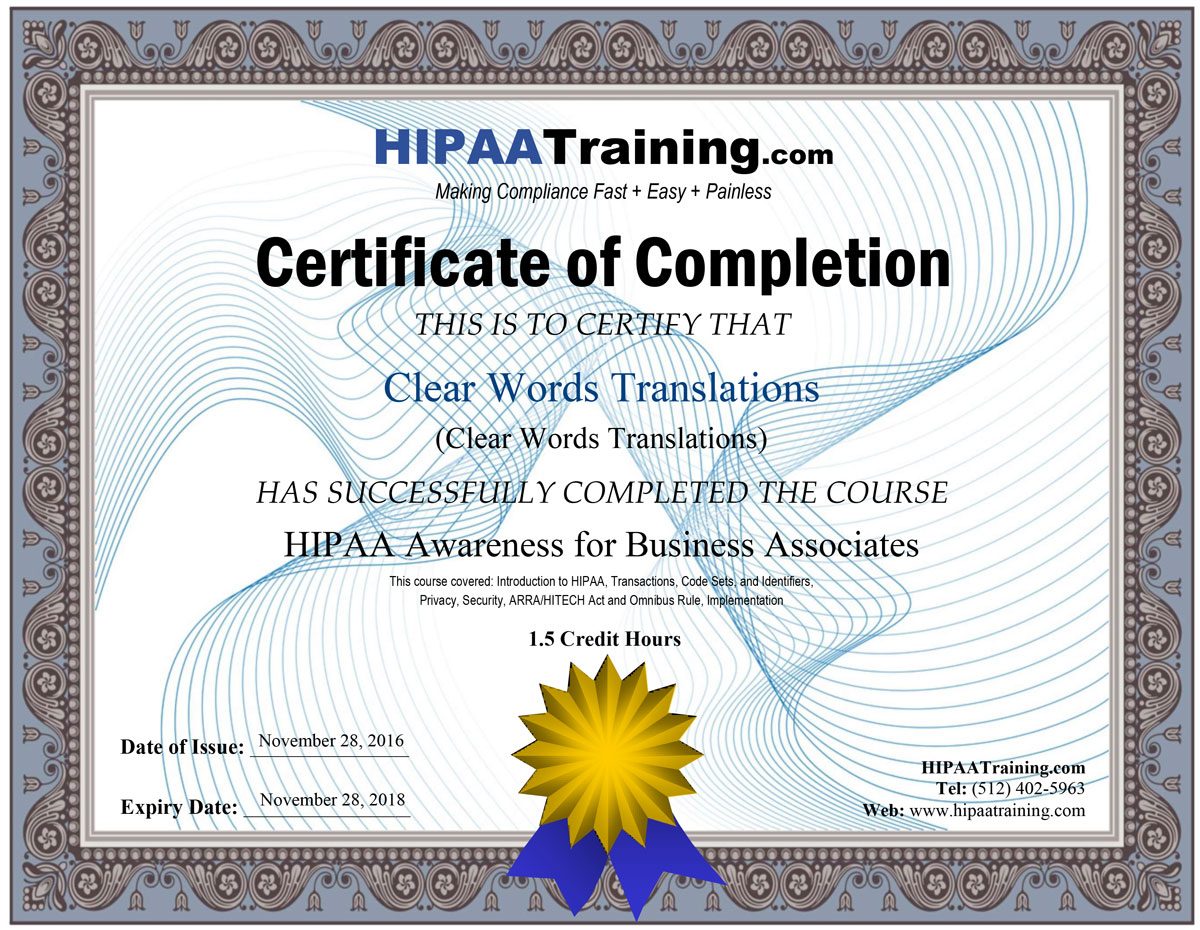5 Benefits of Translating Communication Documents
CLEAR WORDS
TRANSLATIONS
All News
June 23, 2021 | Uncategorized
5 Benefits of Translating Communication Documents
Managing international teams can be challenging. Regular communication is an essential tool that keeps the wheels running across multiple local groups. From employees and managers to board members, everyone needs to be in the loop if you want your staff to feel appreciated by the organization. Translating communication documents is a cost-effective way to keep all your team members happy and engaged.
By 2030, low employee retention will cost the U.S. alone about $430 billion annually. The costs of finding, onboarding, and training new staff have been growing, and companies need to find better ways to keep their employees happy at work. Effective communication plays a critical role in this process.
For companies that manage international employees in multiple countries, a translation strategy can be the differentiator that keeps staff engaged and aligned with the organization’s goals and core values.
In this case, translating and localizing communication documents is imperative to streamline internal corporate communication and keep employees satisfied with their jobs. Let’s take a closer look at all the benefits of translating communication documents.
1. Creating a Culture of Diversity and Inclusion (D&I)
Many multinational companies have an “official” language—usually, the language of the founders or, in some cases, English. However, giving staff the possibility to communicate in their native languages besides their second (or even third) language can make them feel more empowered and self-confident.
Moreover, by translating and localizing communication documents, you facilitate understanding, reduce anxiety, and encourage people to embrace diversity within the workplace.
The effects on your bottom line can be significant; substantial diversity improves retention, and companies that invest in diversity and inclusion are 22% more likely to be seen as leaders in their industries. They’ll also improve customer service and innovation.
Ideally, you should translate and localize all documents that get shared via the intranet or working tools your company uses such as Trello, Github, or Asana. Financial documentation, handbooks, messages from the senior management, may also be relevant to your international teams.
2. Fostering a Uniform Company Culture
When you hire professional translators to translate your communications documents, you show that you care about your teams. Furthermore, it can be seen as a form of respect toward local cultures and languages and a way to show your appreciation for your local workers and their contribution to the organization’s global success.
At the same time, you make sure that everyone has received the same message and gotten the true meaning behind the words. When people read the information in a foreign language, not everybody gives the same sense to the statement. By translating communication documents, you’re 100% sure that all your employees got the same message and understood what’s expected from them.
People gather around the same values and are more likely to connect, despite language and cultural barriers. This will only happen when you work with professional linguists who have the language skills and cultural insights necessary to communicate your company’s values accurately.
3. Treating All Your Employees the Same Way
When everyone receives the information in the language they’re most comfortable speaking, they can all contribute and share ideas with confidence. People feel empowered with their own words and aren’t afraid to participate in conversations.
Another benefit of translating communication documents regards continuing education. If you often use webinars for internal communication, translating them can be the game-changer to increase engagement and encourage employees to participate actively.
When you gain a reputation for treating your employees the same way across multiple countries, you’re more likely to hire the right people. Many high-skilled professionals think twice before applying if they feel insecure about their language skills. By providing support in local languages, you open your doors to experts who wouldn’t even consider working for you otherwise.
4. Complying with Local and International Law
In many countries, internal communication in corporations must observe specific rules and regulations, especially for communication documents, such as employee handbooks, health and safety documentation, or other documents that contain essential corporate information.
It’s in your best interest to make sure that all your employees get access to the information they need to do their jobs well, regardless of the language they speak. This way, you improve worker safety and avoid legal issues.
Safety at the workplace is a major issue for many companies worldwide, and by taking the lead and making sure anyone in your company is well informed about procedures and protocols is a way to keep your employees safe and happy at work.
5. Increasing Employee Productivity
Translation and localization of communication documents facilitate dialogue between teams. Having all information translated and localized, you can quickly eliminate misunderstandings and create a friendly working environment for international employees. Everyone has peace of mind, as they don’t have to worry about language barriers anymore.
All directives are fully understood, and your staff can work on the things that matter and meet deadlines as planned. Translated communication documents make it easy for staff to understand the common business goals and what is expected from them. This way, they can deliver on time, every time.
Clear communication also cuts down costs caused by delays and misunderstandings. By keeping everyone in the loop, you get to increase productivity across departments and reduce friction, with a significant impact on your bottom line.
Final Thoughts
By translating communication documents and other internal corporate communication, companies can create cohesive teams and friendly workplaces around the world. It’s a cost-effective way of improving employee productivity.
The process works best when companies hire experts to handle translation and localization, enabling the organization to avoid miscommunication due to cultural differences.










